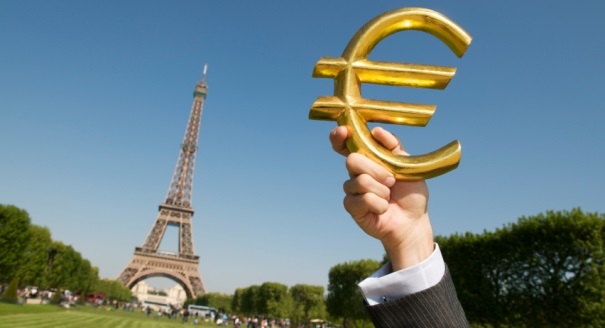Every week, a selection of leading experts answer a new question from Judy Dempsey on the foreign and security policy challenges shaping Europe’s role in the world.
Denis MacShaneFormer UK minister for Europe
France compares itself with two nations in the EU. Across the Rhine, Germany. Across the Channel, Britain. In German, the word for debt and guilt is the same: Schuld. In French, as in most other languages, there are two separate words. The view that to be in debt is to be guilty belongs to Germany, not to France or Britain.
In fact, France must look with longing at the guilt-free manner in which Britain has run up debt and deficits and ordered the Bank of England to print more money under the euphemism of quantitative easing. The result is clear: the UK’s levels of growth, employment, and tax revenues are better than France’s.
With Britain decoupling from the EU’s Common Foreign and Security Policy, France now shoulders most of the burden for EU defense within NATO—unlike Germany, which spends half as much as France does, as a share of GDP, on common security and defense.
Moreover, Berlin’s vision of virtue is one in which every nation exports and enjoys massive trade and current account surpluses. But without indebted, importing nations like France, who buys German goods? The EU is waking up to the fact that bleeding a patient until he dies is not successful medicine, whatever the textbook says.
Federico SteinbergSenior analyst for economy and international trade at the Elcano Royal Institute
Over the past few weeks, Europeans have been witnessing a not entirely surprising development in the eurozone. It is something everyone knew, but which is now becoming more evident: all countries are equal, but some are more equal than others. While Greece’s new government is finding it extremely arduous to gain more fiscal breathing space (such as a reduction in its budget’s primary surplus), France has been afforded yet another extension to meet its deficit target. So why the double standards?
There are both economic and political reasons to justify the European Commission’s soft approach to France. In economic terms, it makes sense to reduce the speed of France’s fiscal contraction to prevent a sharp slowdown in the country’s GDP. The eurozone needs to avoid another recession, and it is likely to do so given the collapse in oil prices, the depreciation of the euro, and the European Central Bank’s quantitative easing policy. But relaxing France’s austerity targets will probably help.
However, the main reason why France has been given more time is political. It is commonly acknowledged throughout Europe that the main threat to the euro would be an electoral victory for the right-wing National Front’s Marine Le Pen. A Euroskeptic Greece is manageable, but a Europhobic France is not. The National Front’s rise depends on how the economy performs: less austerity, more growth, and more jobs are the keys to stopping the French extreme Right in its tracks. And that is why the EU is not being too hard on France’s budget deficit.






.jpg)